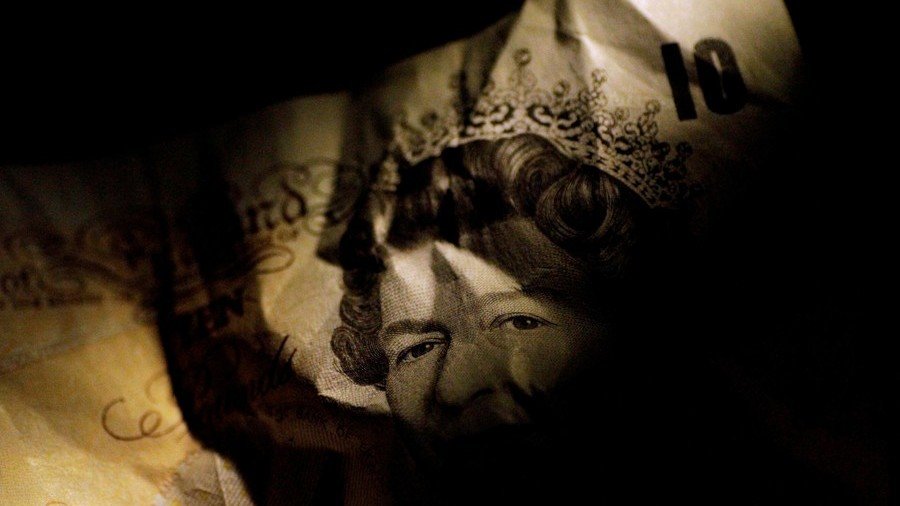EU could add post-Brexit Britain to its tax-haven blacklist unless it cleans up its act

British financial services could face heavy penalties post-Brexit unless the UK cleans up its tax-haven policies, it has been warned. The EU has announced plans to blacklist and sanction tax-haven countries.
The EU is set to publish a list of tax havens on December 5. Analysis by the Tax Justice Network, using the EU’s own criteria, suggests the UK and five other EU countries would find themselves on the list if the criteria were applied to them.
The EU said the list will only apply to non-EU states. With the UK set to leave the Union in 2019, however, this could see sanctions applied to the UK unless it changes course and ends tax-haven policies, according to Alex Cobham, Tax Justice Network’s chief executive.
“The EU list is a step forward from previous efforts, in that the criteria are at least partially transparent and also partially objectively verifiable,” Cobham said. “It’s clear that the UK is at real risk of counter-measures from the EU. The government should forget any Brexit tax-haven threat, which could easily open up the EU counter-measures like the loss of financial passporting rights, and instead address the flaws in current policies.”
However, the EU lacks legitimacy and transparency, Cobham says, because it will not apply the rules to its own members. “For global progress on a truly level playing field, we need the G77 and G20 to engage in negotiating an international convention that would set an ambitious and fair set of minimum standards, with powerful sanctions, to which all jurisdictions would be held equally to account.”
The study finds up to 60 jurisdictions could be listed under the EU’s blacklist procedure if criteria are strictly applied. There are fears that intense lobbying by the tax-avoidance industry in some countries could see the list severely watered down.
In addition to the UK, researchers have identified Ireland, the Netherlands, Cyprus, Luxembourg and Malta as countries that should be included in the blacklist if the EU were to apply its own criteria to member states.
Wouter Lips of Ghent University, who led the study, said the EU blacklist represents an important step forward from empty OECD lists - but the criteria needs to be completely transparent in order to be objectively verifiable. “Otherwise the risk remains that political power will be a factor in whether countries like the UK or indeed the USA are listed.Many of the 60 countries that are listed are lower-income countries which had no say in the OECD standards upon which much of the EU’s criteria depend, but that raises further questions of fairness.”












